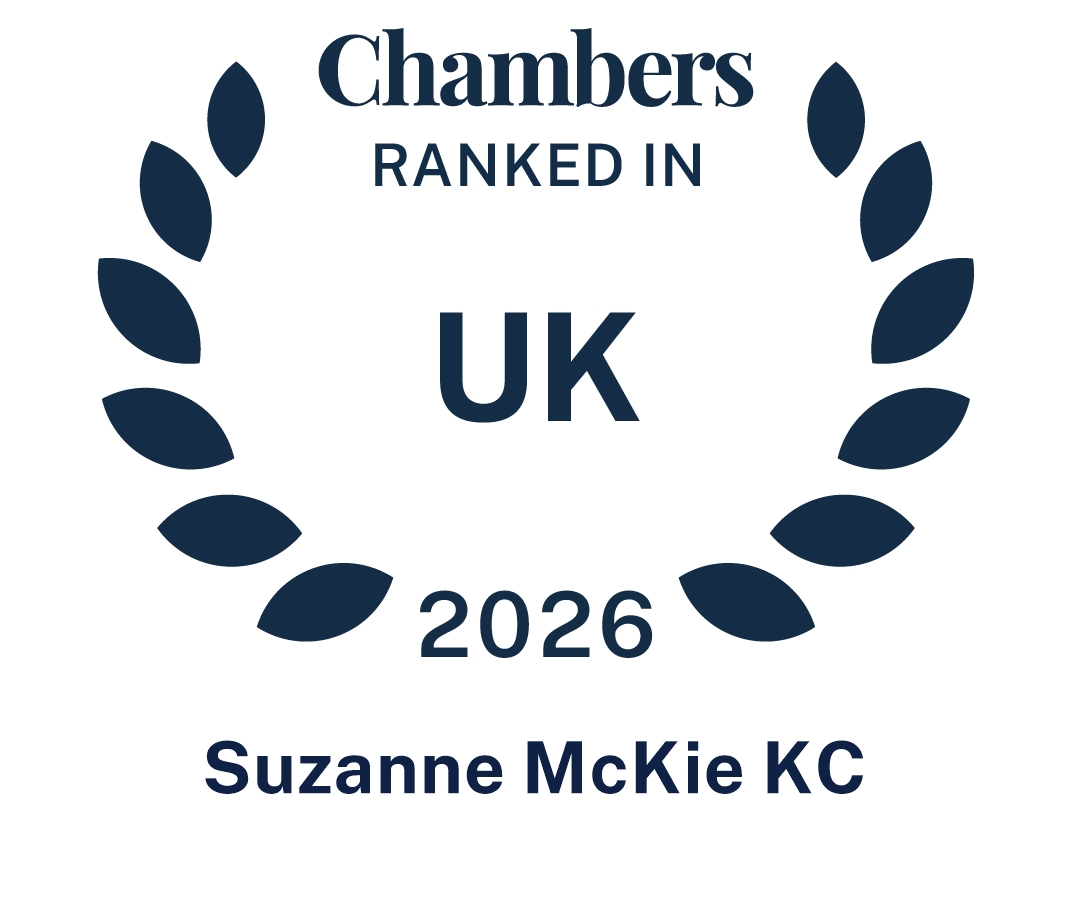12 August 2020
|Covid-19
Blogs
Social Causes
Increased flexible working for barristers in light of COVID-19
Nearly a third of barristers’ chambers in England and Wales have given (or are considering giving) partial notice on their leases, which “heralds the beginning of change” towards a significant increase in flexible working for members of the profession.
Carolyn Entwistle, Head of Services at the Bar Council and Chair of its COVID-19 Working Group, reports that 10% of surveyed chambers said they had given partial notice on their leases, with 21% considering taking similar action in a bid to relieve financial pressure following the pandemic.
Ms. Entwistle notes that some chambers may never return to their previous model having now adapted to paperless and virtual working environments. Such a change is “arguably overdue and one that the Bar Council plans to support wholeheartedly”.
Farore Law, as a law firm which has made flexible working the norm for its own lawyers and support staff, welcomes these changes to the structure and function of barristers’ chambers. Flexible working has great potential to improve accessibility and retention across the profession which prior to the pandemic has been disappointingly low (see our report on the slow progression of women in the legal and other professions for further insight on this point).
However, we advise that chambers and other employers take care in implementing the move towards flexible working for their workers. Workplace issues such as discrimination, harassment, equal pay and whistleblowing do not disappear once workers move from the office to home, and it is essential to remain alive to them at all times. For example, an employer’s liability for the conduct of their employees is not waived simply because a victim is working from home. Discrimination and harassment can also take place remotely (see our article, “Remote working and COVID-19: will bullying and discrimination of those working from home increase?”). Farore Law believes cases of bullying and discrimination of remote workers may well increase in line with the number of people now working from home because of COVID-19.
Farore Law has previously advised barristers’ chambers and other institutions on advancing their diversity and managing any associated issues that come with doing so. Given our specialist practice in equality and discrimination law, we are well-placed to assist chambers and other organisations that wish to undertake a diversity health check as part of ensuring an effective and fair transition to flexible working for their employees. Please contact Suzanne McKie QC directly or via our webform for further information.
Source: Legal Futures









